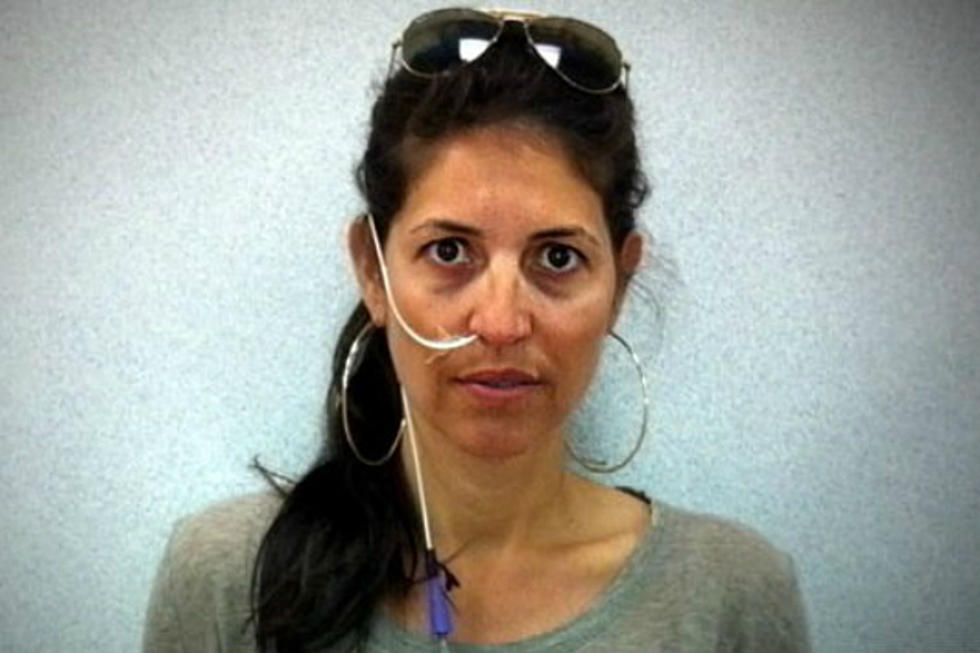
Yo-yo Dieting Won’t Shorten Your Life
For years, many doctors have believed that “yo-yo dieting” — or repeatedly gaining and losing weight — is so bad for us that it may even shorten our lives. But a new report says people who do it are at no higher risk of an early death than anyone else.
In a 16-year study, nearly 56,000 men and more than 66,000 women — all between 50 and 74 years old when the study began — answered questions about how often they’d intentionally lost at least 10 pounds and later gained it back.
By the time the study ended in 2008, roughly 15,000 men and 10,000 women had died. Among women whose weight yo-yoed the most — 20 times or more — 16 percent died over the study, compared to 15 percent of those who said their weight never cycled due to dieting. For men, the corresponding numbers were 29 percent and 26 percent.
But in work published in the American Journal of Epidemiology, researchers found that participants whose weight cycled the most were also more likely to be heavy 10 years prior to the start of the study, which alone could’ve raise their risk of death. When that factor and others (such as diabetes, high blood pressure and smoking) were accounted for, the gaps in death rates vanished.
“Our study shows that the act of weight cycling itself does not increase your risk of premature death,” Victoria Stevens of the American Cancer Society in Atlanta told Reuters Health.
Some even find Stevens’ results encouraging. Simone French, a behavioral scientist who specializes in obesity prevention at the University of Minnesota and was not involved in the work, said, “It shows that people shouldn’t be afraid to keep trying to lose weight, because they think it will increase their health risks if they gain it back.”
Still, experts say yo-yo dieting isn’t a good idea. Previous research suggests it can slow metabolism and may actually contribute to more weight gain in the long run.





